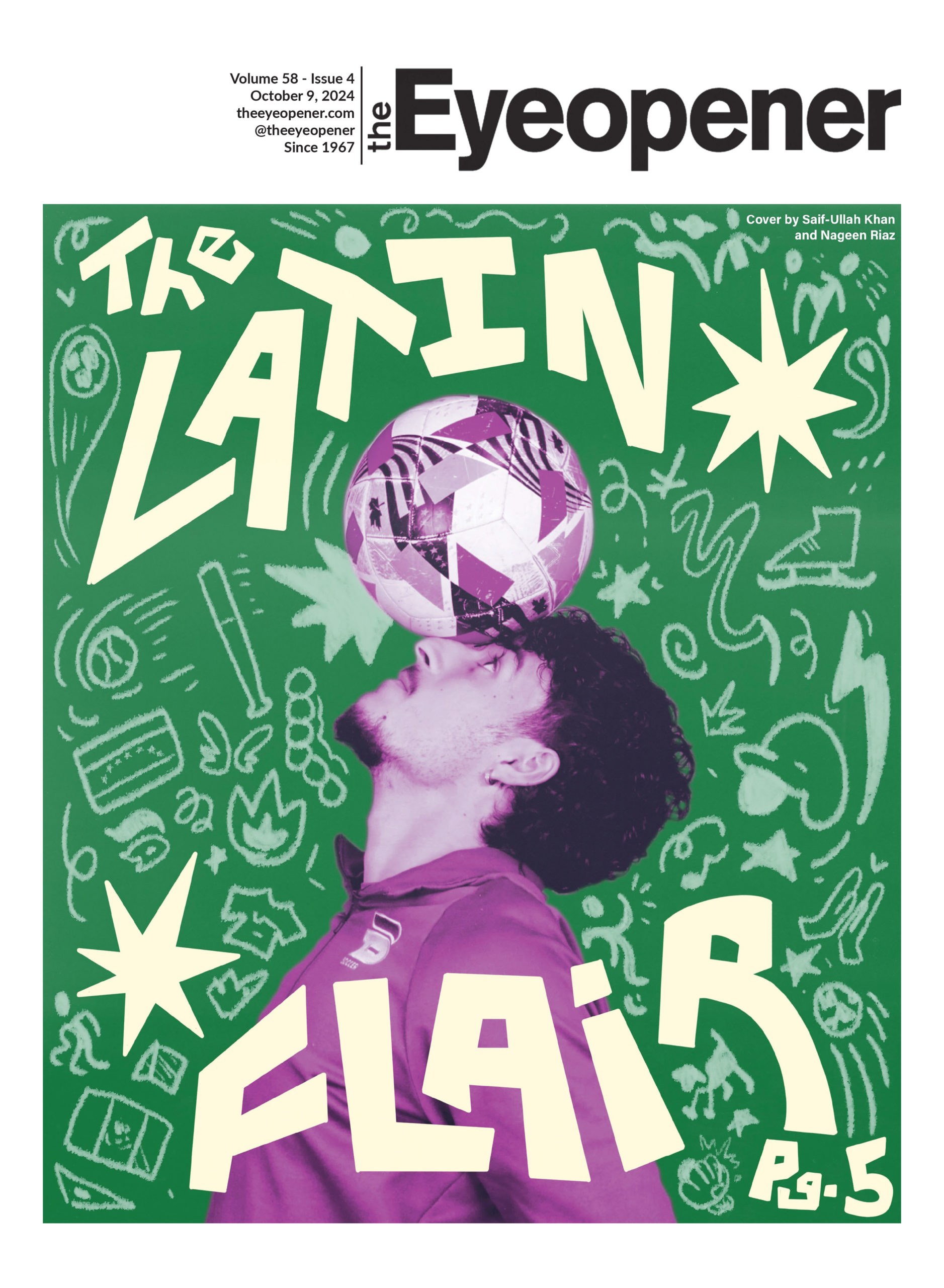By Thea Gribilas
Cheryll Case vividly remembers her first grade leadership class when she would walk around her school distributing snacks to different classrooms. This snack program is where her love of helping people began. Years later, she does exactly that as the founder and principal planner of Community in Public (CP) Planning.
According to their website, CP Planning is a small, Toronto-based organization that specializes in urban planning for accessibility, justice and affordability in community housing.
“I started [CP Planning] with the base concept that we should listen to marginalized people when we’re deciding policies,” said Case. “That led me to a human rights approach to planning.”
Through CP Planning, the coordination of inclusive conversations are “facilitated in order to promote equal access to housing, work and play,” according to their LinkedIn profile.
After graduating from Ryerson’s urban planning program in 2017, Case began her career with the publishing of the report Protecting the Vibrancy of Residential Neighbourhoods, co-authored with Tetyana Bailey that same year.
The report found that Toronto has added little to no housing stock, which means the total number of houses and apartments in an area, in the last 30 years.
It also found that there was depopulation in neighbourhoods across Toronto; school closures and under enrollment in 48 per cent of Toronto’s neighbourhoods and unsustainable sprawl across the GTA as new families continued to look outside of Toronto for affordable housing, were the cause.
According to Canada Without Poverty, one in five racialized families live in poverty in contrast to one in 20 non-racialized families, and over three million Canadians are living in housing that is unaffordable, below standards or overcrowded.
Case says her report was “a big inspiration for CP Planning.”
“There are a lot of people in the planning industry who don’t actually care about people, and if they do, they don’t practice it”
“When I released the report, it got to the [news]paper and I had people quoting my research, and I thought ‘Awesome, I’m going to get a job, people know me, they know my work is good.’”
Despite the success of the report, Case found herself still searching for a job that would value her ideas but initially received no offers. She said she believed this was partly because the urban planning industry was reluctant to hire someone who advocated for marginalized communities.
Case subsequently created CP Planning to be able to advocate for issues like affordable housing in marginalized communities.
“The thing about CP that I love is that I work only with people who care about other people,” said Case. “There are a lot of people in the planning industry who don’t actually care about people, and if they do, they don’t practice it.”
She said she often encounters planners who don’t believe that it is their responsibility to talk about racism or human rights. For Case, it should be at the forefront of every conversation.
CP Planning’s most recent project is called Black Futures on Eglinton, in partnership with Black Urbanism TO, a group that aims to celebrate the accomplishments of Black Ontarians and engage Black communities in re-envisioning their communities. The project started in September 2019 and was completed in August 2020.
The project looked to identify, celebrate and support the cultural strengths of the Eglinton Avenue West community, also known as Little Jamaica.
For decades, Little Jamaica has been home to Jamaican newcomers to Canada and is known for its wide range of businesses.
However, the area has been hard-hit by significant changes in the last few years. The report cites the city’s gentrification and the impact construction of the Eglinton Light Rail Transit (LRT), Eglinton’s new crosstown subway, has had on businesses in Little Jamaica.
The report also included recommendations for the City of Toronto on how they can implement the community vision statement, with priorities including affordable housing.
“Systemic discrimination, what we’re dealing with here, is not just about the fact that these conversations are not brought forward, it’s that sometimes they’re actually stifled”
“The community is very excited,” said Case. “We put a lot of work into this so it’s really great to see it put forward.”
Case believes that had she asked the municipality or a charity to start Black Futures on Eglinton, the project would never have happened. Instead, it needed to be created in its own space.
She added that planners need to not only be more educated about these issues, but also need to develop a care about these people and give them a voice. The best way to have planners start caring about people, according to Case, is to continue the conversation both inside and outside of your institution and apply community pressure.
“Systemic discrimination, what we’re dealing with here, is not just about the fact that these conversations are not brought forward, it’s that sometimes they’re actually stifled.”
According to Case, Toronto city council is currently doing their official plan review. The official plan review is the official policy document that monitors the physical change in Toronto.
“Ask the City ‘Are you talking about race? Are you talking about human rights?’ If you don’t ask them and you don’t apply that community pressure, then the planners on the inside won’t ask the questions.”
Currently, CP Planning is in the early stages of a new project called the Tenant Solidarity Program, which looks at engaging with marginalized communities and developing appropriate housing policies for those communities.










Leave a Reply